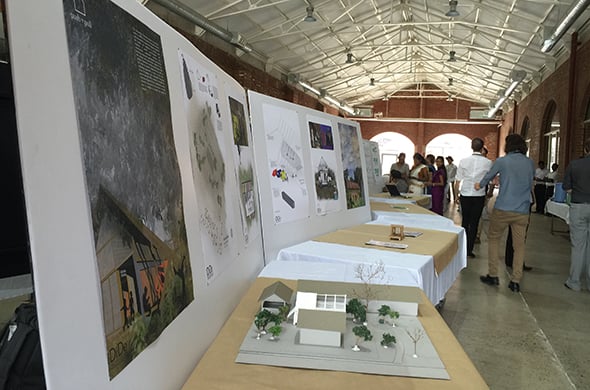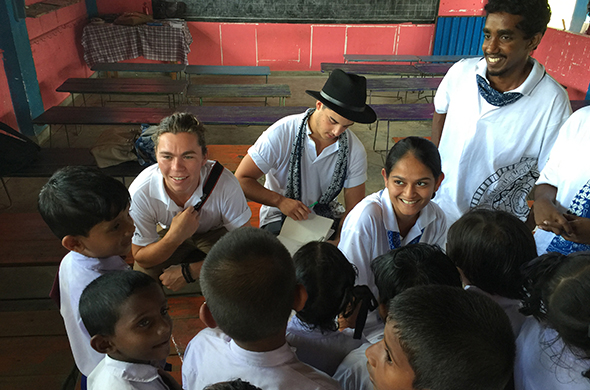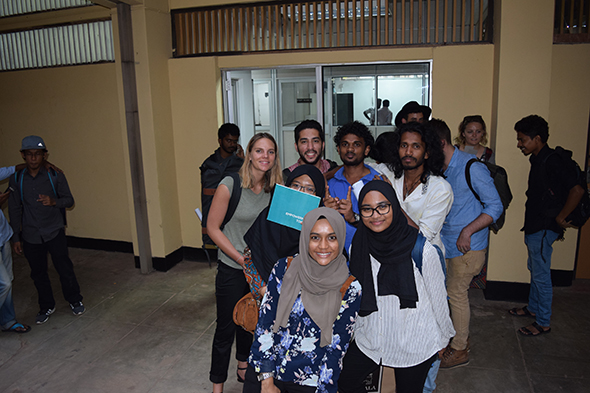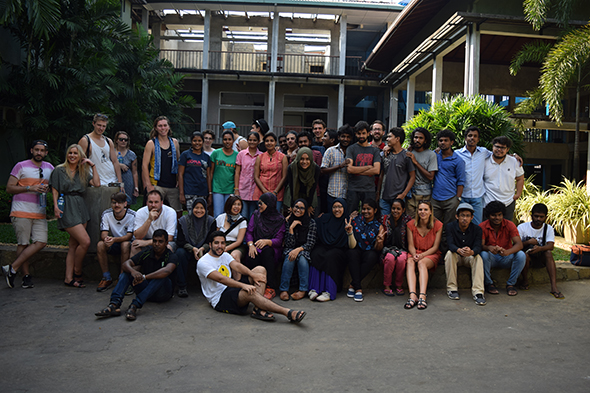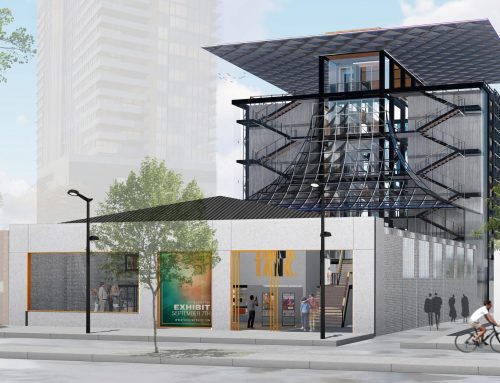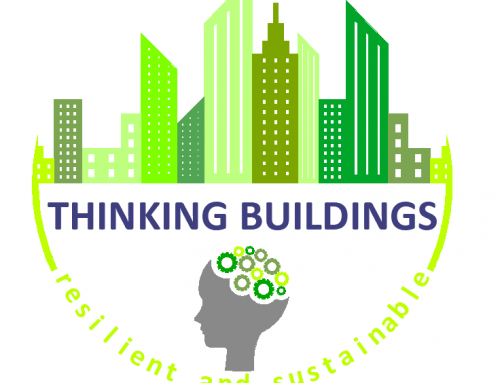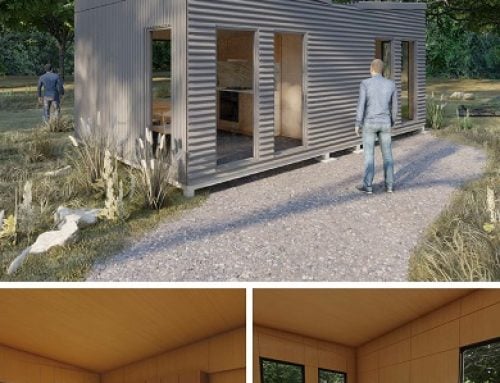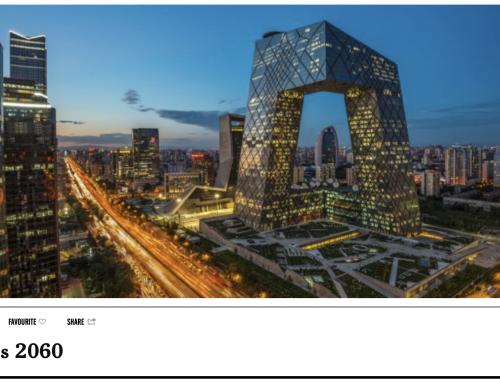Deakin University’s Intercultural Dialogue through Design (iDiDe) architecture and built environment design education program went on the road to Sri Lanka in summer 2015.
Led by academics Susan Ang and Michael Sharman from Deakin’s School of Architecture and Built Environment, sixty four students from Deakin, International Islamic University of Malaysia and University of Moratuwa, Colombo, Sri Lanka worked in collaboration on the project.
Community focus for project
The focus for iDiDe 8 Sri Lanka was the Ampara Community Architecture Project. The project built upon the community-based initiatives in education and health established at the start of 2015 through the partnership between Deakin, Art Building Children’s Dreams Rotary Australia and Sri Lankan-based organisation Aspirations Foundation.
iDiDe students engaged in research and design activities for four prototype concept typologies: The Adaptable Classroom Junior Reading Room Project, The Bamboo Research Institute of Sri Lanka, Community Based Organisation (CBO) Women’s Centre of Empowerment Project and Low Cost Teachers Quarters House Project.
Through a structured and rigorous intercultural collaborative and participatory design approach, students participated in community based forums with various levels of stakeholders in Ampara, including the Ministry of Education, school principals, teachers, school children, women only groups and mixed gender parent groups.
Contributing to a sustainable design framework
‘Our discipline specific expertise will contribute towards the formulation of an integrated sustainable design framework that seeks to address a long-term vision for the preservation and eco-tourism development, including the introduction of bamboo as a sustainable material for building and integrated design into the eastern rural district of Ampara,’ Ms Ang says.
‘iDiDe has come a long way since it began and has matured in its ability to leverage global mobility learning experience towards global concerns in relation to humanitarian and social sustainability issues.
‘We are fortunate to be involved in this Australian Sri Lankan partnership and to take up a long-term role in the greater Ampara Project. A number of longer-term opportunities have sprouted beyond iDiDe, including the establishment of a dedicated research group within the School of Architecture and Built Environment focused upon issues of rural poor in developing nations and prototype bamboo design and construction realisation through extended global fund raising and volunteer resources.’
A public exhibition of iDiDe 8 Sri Lanka project outcomes was held in January in Colombo. Acting Australian High Commissioner, Mr Tim Huggins, gave the keynote address and commended the value of the iDiDe program as an exemplar of Australian Government’s Asia bound mobility initiatives.
iDiDe8 on show in Geelong
An iDiDe 8 Sri Lanka exhibition will be held at Deakin’s School of Architecture and Built Environment, Geelong Waterfront Campus, in the Level 4 Gallery “Bay C” from Monday 9 May – Friday 20 May 2016. The formal opening of the exhibition is scheduled for Wednesday 11 May at 1.15pm with an open invitation to attend an hour presentation by Ms Ang and James Iwanuch.
For queries about the exhibition and the iDiDe program at Deakin please contact Ms Susan Ang.

